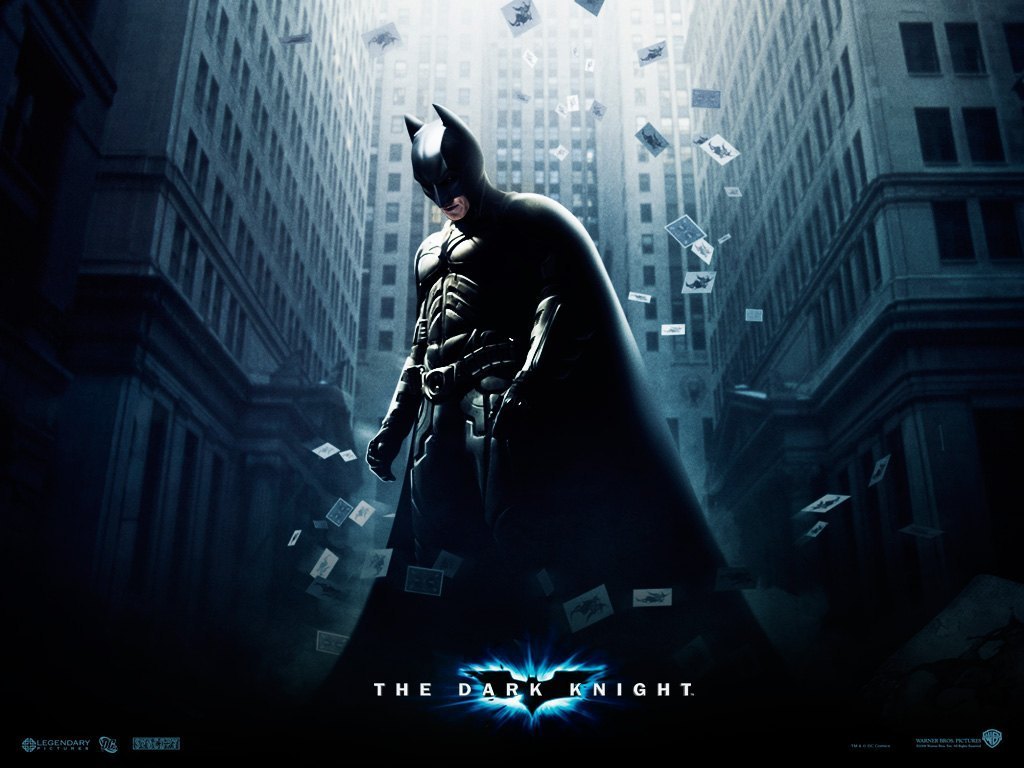Edrees Kharzai
Caitlyn Mcloughlin
English 2367.02
28 March 2018

The Dark Knight is a movie taking place in Gotham City, where a huge crime wave is hitting the city that only Batman can fix. Joker becomes the primary antagonist throughout the movie, pushing Commissioner Gordon, Batman, and Gotham District Attorney Harvey Dent to the absolute limit to fight him off. For Harvey Dent, the fight against Joker leads to a path of insanity and a life he was fighting so hard to rid the world of.
Joker is a criminal mastermind, taking control over Gotham’s underworld with relative ease. It’s what puts him on the radar of Commissioner Gordon, Batman, and Harvey Dent who have teamed up to take him down. But it all goes haywire after Joker finds out that Racheal, is a woman that’s very close to Harvey. What he also doesn’t know is that Racheal is also very close to Batman’s alter ego, Bruce Wayne. We see this during a party that Bruce had, where Joker comes and threatens Racheal, although originally came to go after Harvey who attended the party. Batman is able to mitigate the attack by Joker, but it leads to further conflict down the road. Later in the movie, both Racheal and Harvey get kidnapped by the Joker, who are strategically placed in two different buildings surrounded by explosives. When Batman and Commissioner Gordon get the directions to both their locations after interrogating Joker, they arrive too late. Racheal dies, and Harvey is left with permanent scars on his face after it was soaked in lighter fluid.
We see in Alison Bechdel’s Fun Home, how Bruce was someone that was always on the edge. Arguably that his divorce from his Wife is what lead to his eventual madness and death. As his marriage was his last bit of happiness that he contained, and we see that parallel with Harvey Dent. Harvey was in love with Racheal, conforming to his gender, he saw Racheal as someone that could get him through the dark forces he faced at work. After seeing the scars on his face and finding out Racheal had died, this hyper masculinity seems to ensue Harvey, and he goes crazy. Kidnapping Commissioner Gordon’s family and threatening them at gunpoint, it was up to Batman to save them.
What Batman did was try to find reason within Harvey, to see if he could bring Harvey to understand the wrong of his actions. Yet it was far too late, regardless of Batman trying to remind Harvey of who he was, Harvey had felt he lost his identity when Racheal died.
We this as well in Celeste Ng’s Everything I Never Told You, of just how powerful relationships to another person can be. We had James and Marilyn who came from two vastly different backgrounds to fall in love and start a family. The tension it eventually caused really broke out after their daughter died. Causing James to also have a wave of hyper masculinity and think it was ok to cheat on his wife. Harvey’s conformity instead turned him into a killer that wanted to avenge Racheal’s death.
Ultimately, we see how Harvey, James and Bruce acted when they were pushed too far. It lead to a destruction of relationships with those close to them, and having severe repercussions that followed.





